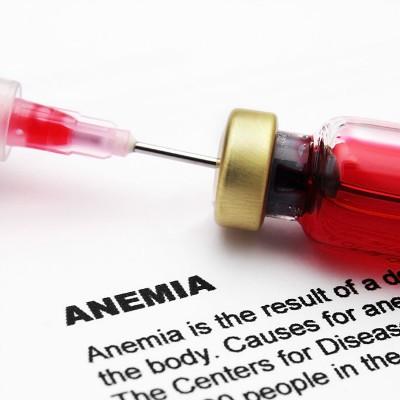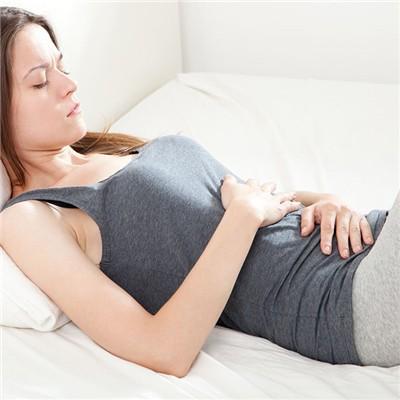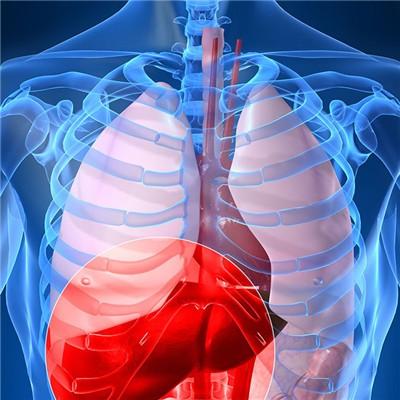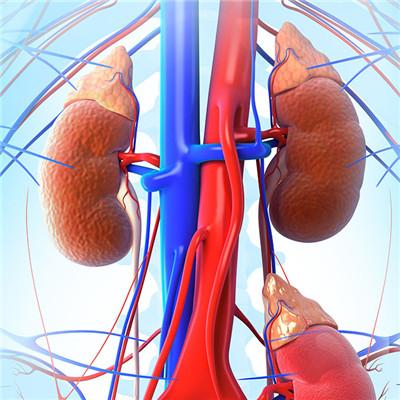What does the hospital check after natural abortion
summary
My best friend has been pregnant twice since she got married, but she miscarried less than three months each time. My family is very sad and want to know what happened. Why did she miscarry suddenly? Let's analyze what to check in the hospital after spontaneous abortion?
What does the hospital check after natural abortion
First: must go, painless abortion review, mainly to see if there is incomplete abortion, whether there is postoperative infection and endometrial recovery. If there is any abnormality, it can be treated in time, because if there is infection or poor recovery after abortion, it may affect the fertility in the future. The time of reexamination can be about a week after the vaginal bleeding is clean to the hospital for reexamination. Reexamination items include gynecological routine examination, leucorrhea examination, B-ultrasound examination, etc.

Second: Patients with spontaneous abortion had better go to the hospital for a routine examination when there is less bleeding after abortion, and then we can determine whether the spontaneous abortion needs curettage. General bleeding time after abortion may be about 10-15 days, if more than 20 days there is bleeding, do not rule out the possibility of residual.

Third: if there is pelvic effusion, then there is inflammation, and the way of treatment will be different because of the amount of effusion. If there is little effusion, then there is no need to do treatment. If there is much effusion, then anti-inflammatory treatment should be done. If there is much effusion, then you need to extract effusion.

matters needing attention
The patient's constitution will generally become weaker after the abortion operation. If the cervix is not closed, it is easy to have ascending infection. Especially when the self resistance and immunity are low, the bacteria can enter the uterine cavity along the vagina and cervix, and even invade both sides of fallopian tubes, causing endometritis, fever and lower abdominal pain, Some people have no symptoms of acute inflammation, only lower abdominal pain, aggravating when they are tired or after sexual intercourse and menstruation. If the treatment is not complete in the acute stage, it can turn into chronic inflammation, often involving bilateral fallopian tubes. If the fallopian tubes are blocked by adhesion, it will lead to infertility











